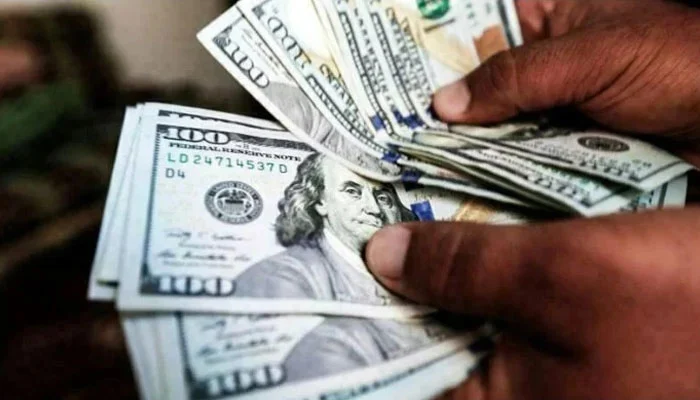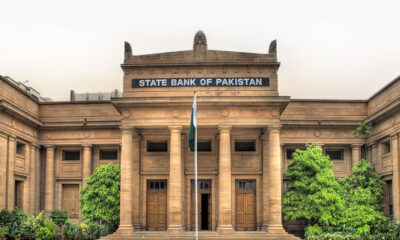- Govt to raise Rs8.70 trillion via short-term paper auctions.
- PIBs to allow govt to borrow Rs1.68 tn from commercial banks.
- Markup expenses budgeted at Rs7.3 trillion for FY24.
KARACHI: As the government grapples with a ballooning budget deficit and a sluggish economy, the central bank’s auction calendar shows it plans to borrow a record Rs11.1 trillion rupees through treasury bills and bonds in the July-September quarter, The News reported Friday.
Most planned borrowing for the first quarter of FY24 will be done through Market Treasury Bills with maturities of three, six, and 12 months.
According to the auction calendar issued by the central bank on Thursday, the government will raise Rs8.70 trillion via short-term paper auctions.
The sale of Pakistan Investment Bonds (PIBs) with fixed and floating rates will allow the government to borrow Rs1.68 trillion from commercial banks.
It will borrow Rs450 billion via variable rental rate and Rs270 billion via fixed rate government of Pakistan Ijara Sukuk.
During July-September FY24, T-bills and PIBs worth Rs9.6 trillion will mature.
According to the Ministry of Finance, the federal budget deficit increased by more than Rs3.5 trillion in the first nine months of the current fiscal year due to a sharp increase in spending on debt servicing and defence requirements, which accounted for two-thirds of all expenditures.
Markup expenses have been budgeted at Rs7.3 trillion for FY24, up 85% from a year earlier.
Markup expenses are expected to grow on the back of higher interest rates that have been increased to tame inflation, along with higher borrowings by the government to plug fiscal deficit.
Due to the government’s expanding demand for funding, public debt is accumulating more quickly, and the stalled International Monetary Fund (IMF) Extended Fund Facility (EEF) — which expired on June 30 — dried foreign currency inflows.
Moreover, given poor revenue and high expenditure demands, the government was forced to increase its domestic debt.
The federal government’s debt increased 32% year-on-year to Rs58.962 trillion at the end of May.
At the end of May, the domestic debt surged by 28% year-on-year to Rs37.1 trillion.
Domestic debt rose by 19.2% during the 11 months of FY2023.
Similarly, foreign debt increased sharply by 40% to Rs21.9 trillion in May, while it grew by 31% in FY2023.
Last week, the government reached a staff-level agreement with the IMF for a $3 billion standby arrangement.
The eight-month delay in the agreement, awaiting IMF board approval in July, gives Pakistan some relief as it struggles with a severe balance of payments crisis and declining foreign exchange reserves.
The IMF agreement has reduced the nation’s risk of a short-term default.

 Latest News2 days ago
Latest News2 days ago
 Latest News2 days ago
Latest News2 days ago
 Latest News2 days ago
Latest News2 days ago
 Latest News2 days ago
Latest News2 days ago
 Latest News2 days ago
Latest News2 days ago
 Latest News2 days ago
Latest News2 days ago
 Latest News2 days ago
Latest News2 days ago
 Latest News2 days ago
Latest News2 days ago























